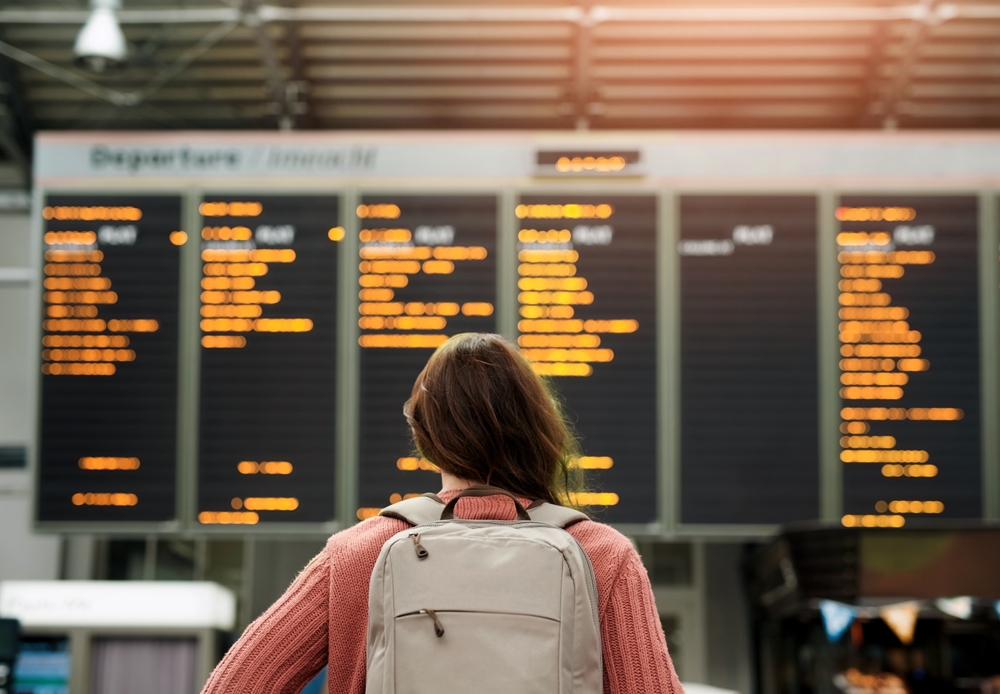Flying offers convenience and speed, but even experienced travelers make errors that can cost valuable time, extra money, and comfort. Small oversights such as booking at the wrong time or skipping simple preparations can turn a smooth trip into a stressful one. By recognizing the most common mistakes and taking steps to avoid them, you can travel more efficiently and comfortably.
1. Booking Flights at the Wrong Time
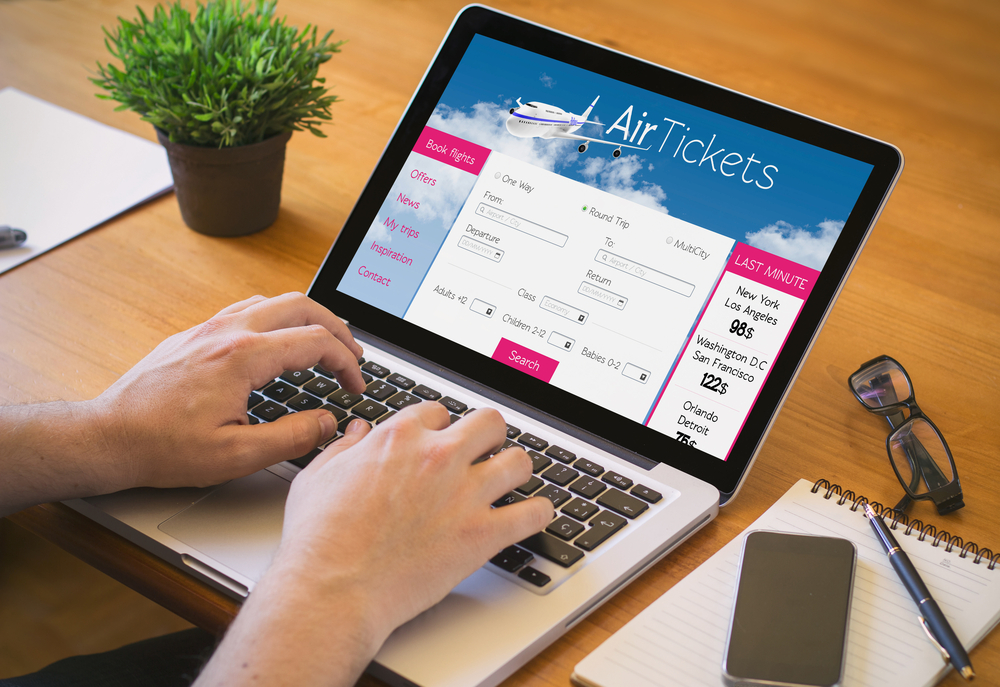
Airfare prices vary depending on season, demand, and booking windows. Purchasing too far in advance or waiting until the last minute can lead to higher flying costs. Certain days of the week, such as Tuesdays and Wednesdays, often have lower fares compared to weekends when demand is higher. Using fare comparison tools and enabling price alerts helps you track fluctuations so you can buy when rates drop. Flexible date searches can reveal cheaper days to fly, which can result in significant savings over time.
2. Ignoring Airline Baggage Rules
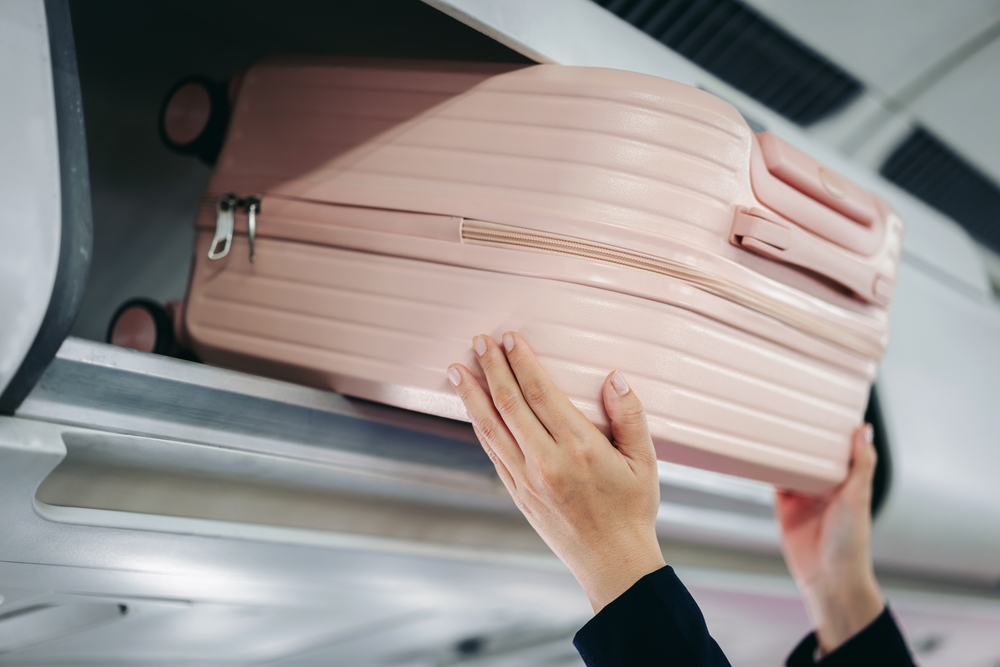
Every airline has unique baggage allowances and flying restrictions. Some charge extra for carry-ons, while others have strict checked baggage weight limits. Not knowing the rules can lead to unexpected charges at the airport, especially if your bag is overweight. Budget carriers often have tighter restrictions, and fees can be much higher if paid at the gate instead of online in advance. Checking the airline’s official baggage policy before packing ensures you avoid paying extra and helps you choose the right luggage size.
3. Not Allowing Enough Layover Time
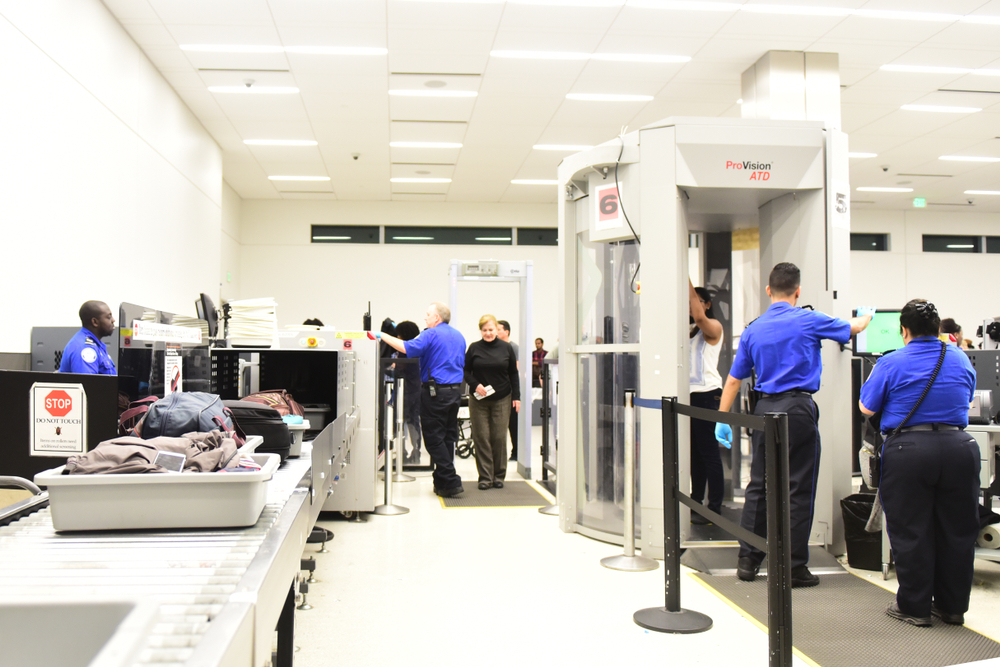
Short layovers may look convenient on paper but can cause major problems if there are delays or long security lines. Missing a connection can mean extra costs, lost time, and potentially a full day of travel disruption. Larger airports with multiple terminals or long walking distances require more time between flying. Choosing layovers with at least 90 minutes for domestic connections and two hours for international flights provides a safety margin and reduces stress if delays occur.
4. Skipping Travel Insurance

Travel insurance protects you from unforeseen problems such as trip cancellations, medical emergencies, and lost baggage. Without it, you could face high costs for rebooking flights, replacing belongings, or getting medical care abroad. Even healthy travelers can encounter unexpected situations like severe weather, airline strikes, or accidents. Reviewing different policy options allows you to choose coverage that fits your trip type and budget, ensuring you are not left paying for costly disruptions out of pocket.
5. Overpacking and Carrying Too Much
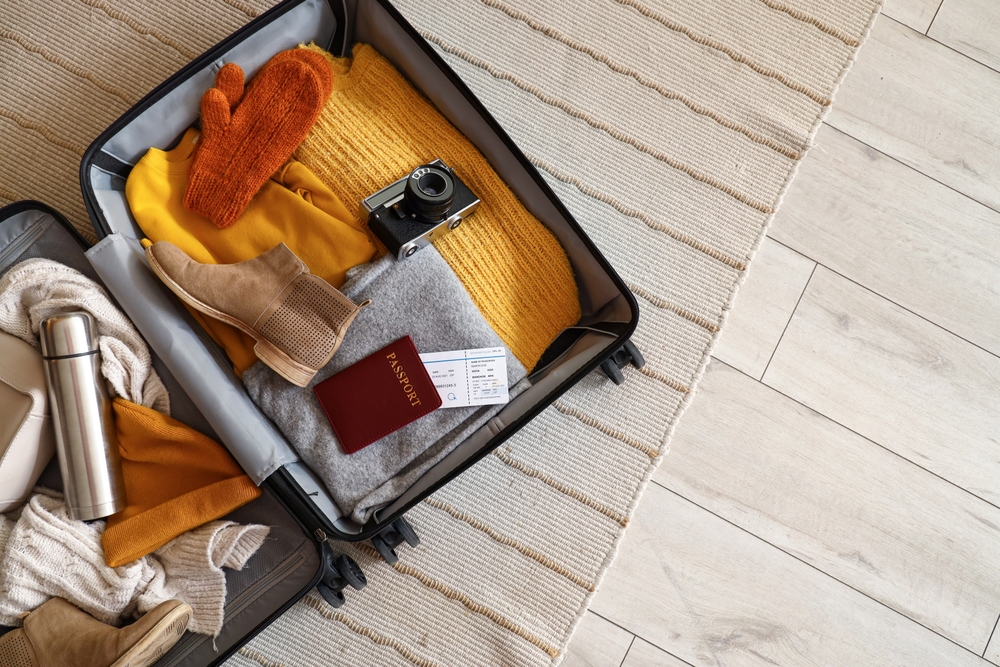
Packing more than you need makes travel slower and more exhausting. Heavy luggage is harder to maneuver, costs more to check, and can delay you at baggage claim. Overpacking also increases the risk of losing valuable items in transit. A smaller, well-organized bag with versatile clothing and essentials is easier to manage. Rolling clothes instead of folding, and packing items that can be mixed and matched, allows you to bring less without sacrificing comfort.
6. Failing to Check In Online
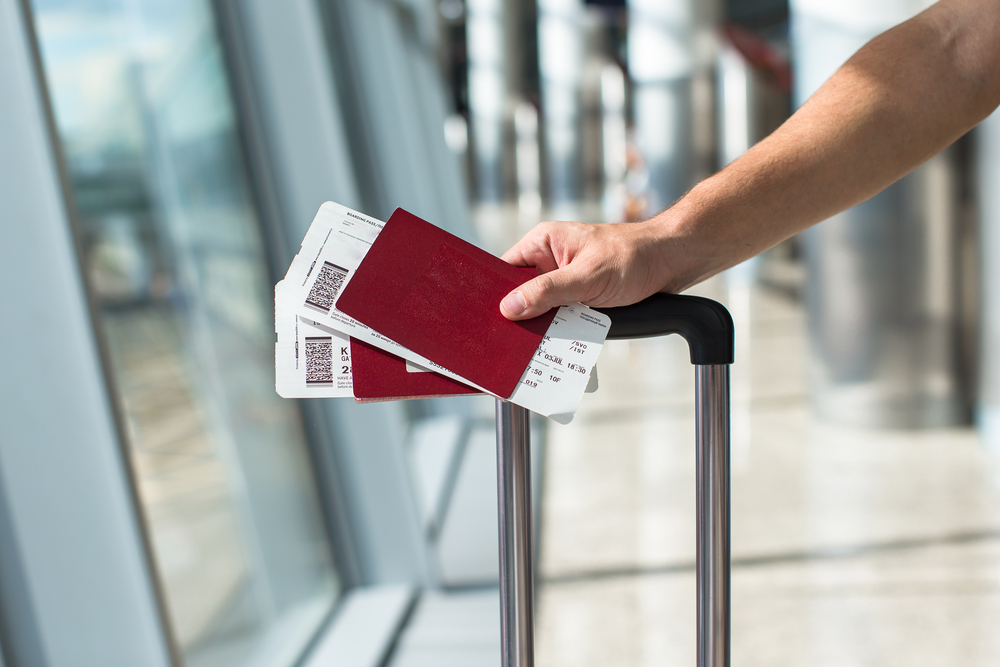
Online check-in opens 24 hours before departure and offers several benefits. It lets you confirm your seat, view your boarding time, and sometimes receive earlier boarding groups. It also helps you avoid long check-in lines at the airport, particularly during peak travel periods. If your flight schedule changes or there are delays, checking in online alerts you before you arrive, giving you a chance to adjust plans or rebook if necessary.
7. Forgetting to Bring Snacks and Water
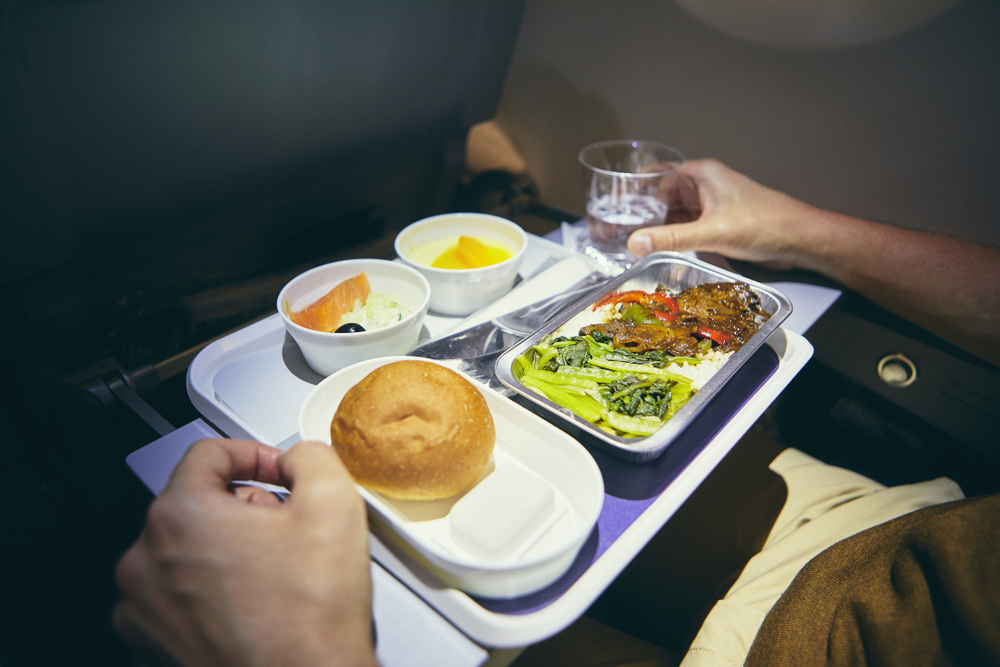
Airport food and drinks are often overpriced, and flying snacks are limited or nonexistent on some routes. Delays can leave you without access to affordable food for hours. Bringing lightweight, non-perishable snacks such as nuts, granola bars, or dried fruit ensures you have something to eat if service is delayed. Carrying an empty reusable water bottle through security and filling it afterward keeps you hydrated without paying high prices.
8. Not Signing Up for Frequent Flyer Programs
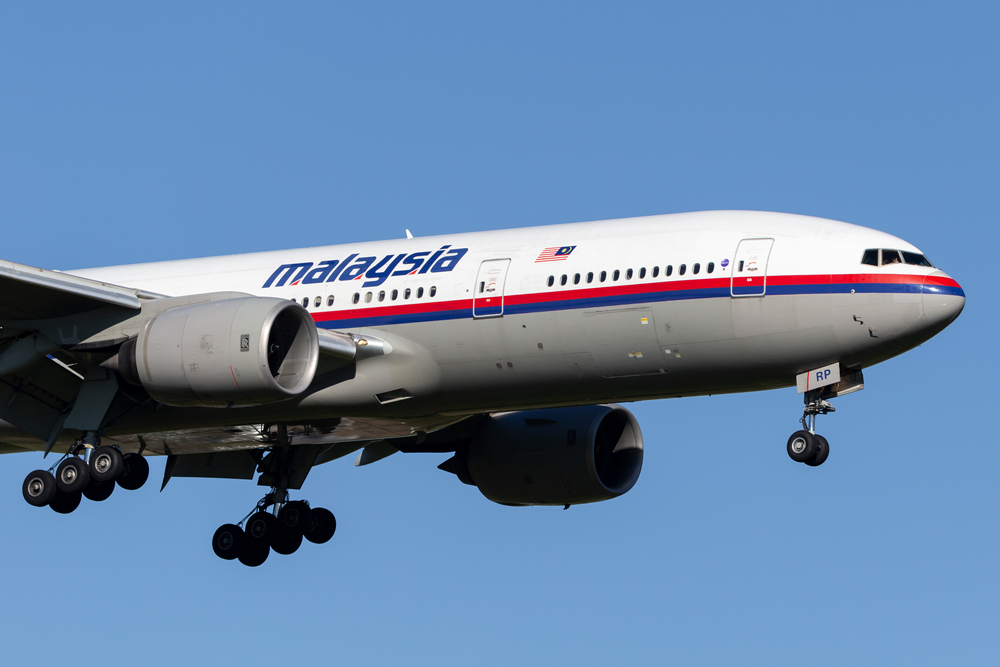
Even if you only travel occasionally, frequent flyer programs can add value. You can earn points toward free flights, upgrades, or hotel stays. Many programs also include perks like priority boarding, seat upgrades, and free baggage. Membership is usually free, and miles can accumulate through partner purchases such as car rentals, credit card spending, and hotel bookings. Signing up before you travel ensures you benefit from every flight you take.
9. Choosing the Wrong Seat
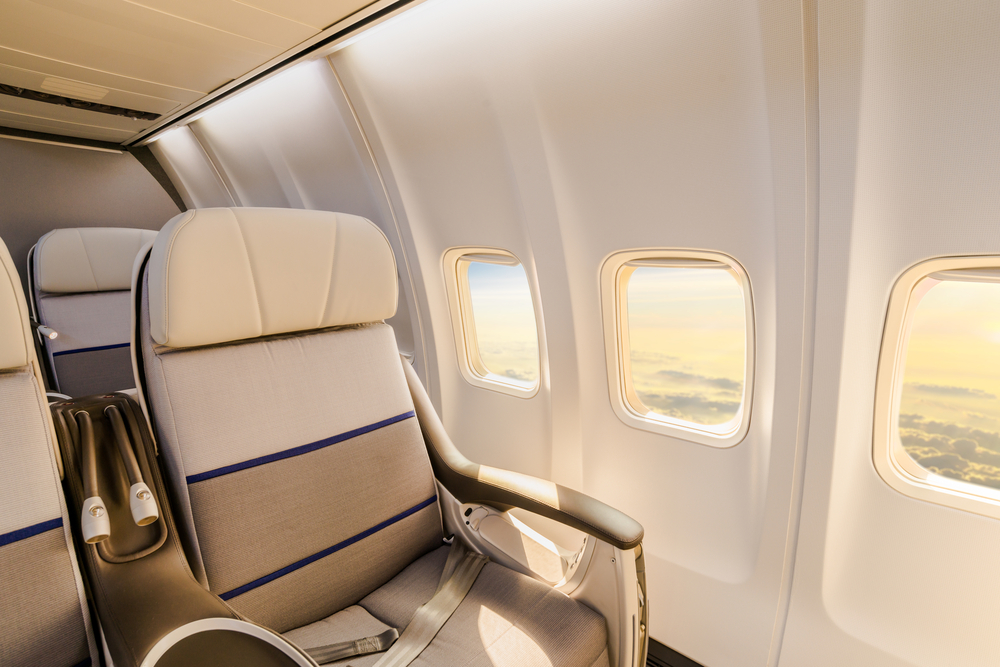
Where you sit can influence your comfort level, rest, and convenience during the flight. Seats near the galley or restrooms tend to be noisier and have more foot traffic. Middle seats limit personal space, while window seats are better for resting and aisle seats offer easier access to move around. Checking the aircraft’s seating chart on a site like SeatGuru can help you identify the best seats for legroom, quiet, and proximity to exits.
10. Arriving at the Airport Too Late
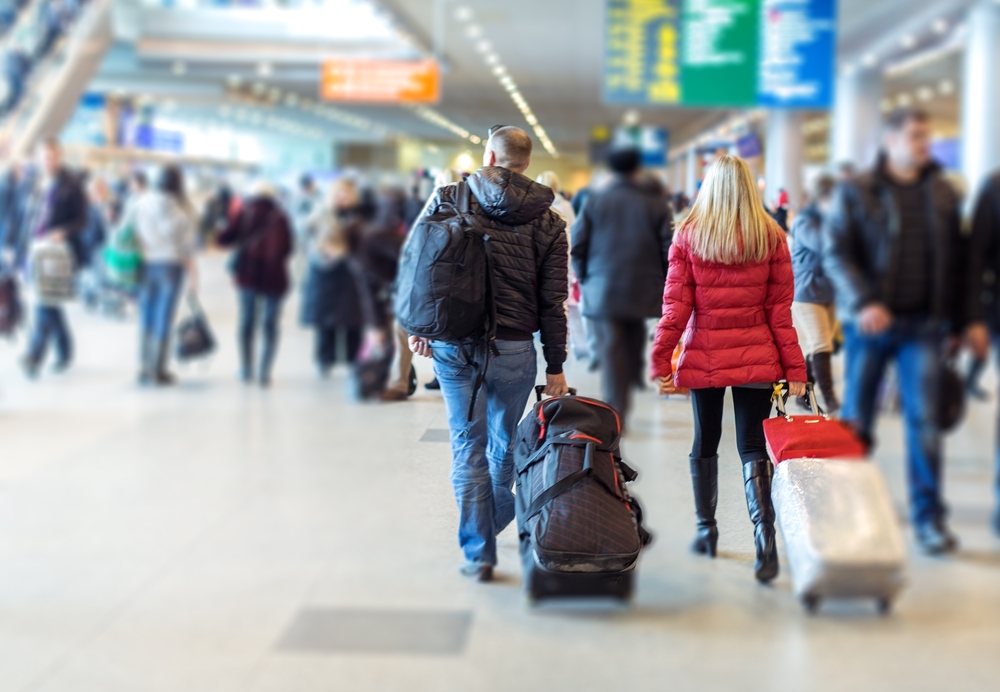
Cutting it close can cause you to miss your flight entirely. Long lines at security, delays at baggage drop, or unexpected traffic can easily push you past boarding time. flying International often require arrival two to three hours before departure, while domestic flights are safer with at least 90 minutes. Arriving early allows time for check-in, security, and any last-minute issues without stress.
11. Ignoring Local Time Differences

Time differences can cause you to miss important connections or appointments if you forget to adjust. Not updating your phone or watch can also lead to confusion over boarding times. Changing to local time as soon as you land helps your body adjust and keeps your schedule on track. Planning light activities for the first day can ease jet lag and help you adapt faster.
12. Forgetting to Prepare for Security Screening
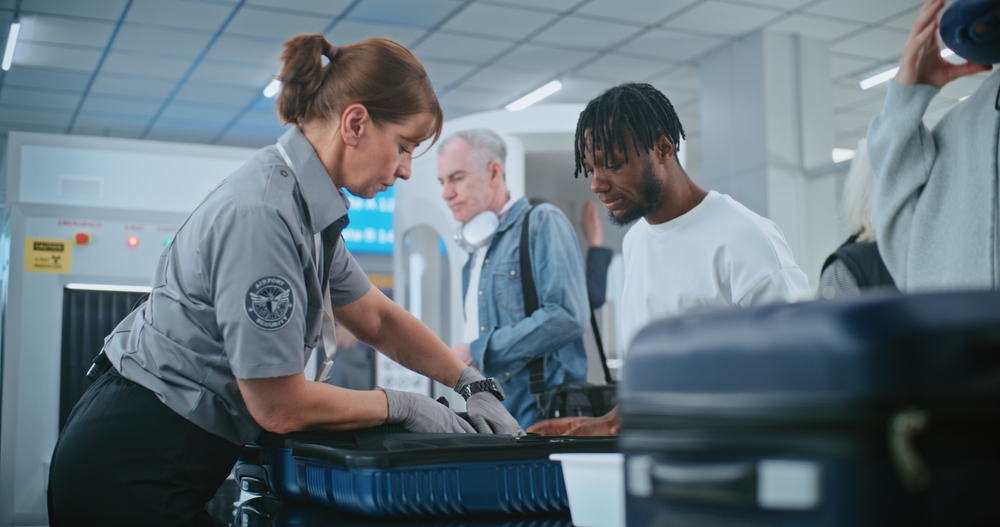
Security checkpoints are often a major source of delays. Having liquids that exceed size limits, forgetting to remove electronics, or packing prohibited items can slow you down and hold up the line. Keeping electronics and travel documents in an easily accessible place makes the process faster. Knowing what can and cannot be brought onboard before packing prevents confiscations and delays.
Disclaimer: This article was created with AI assistance and edited by a human for accuracy and clarity.
